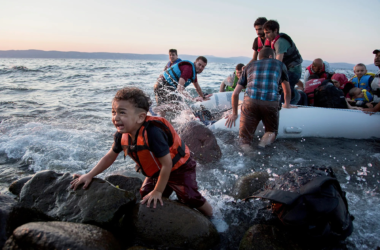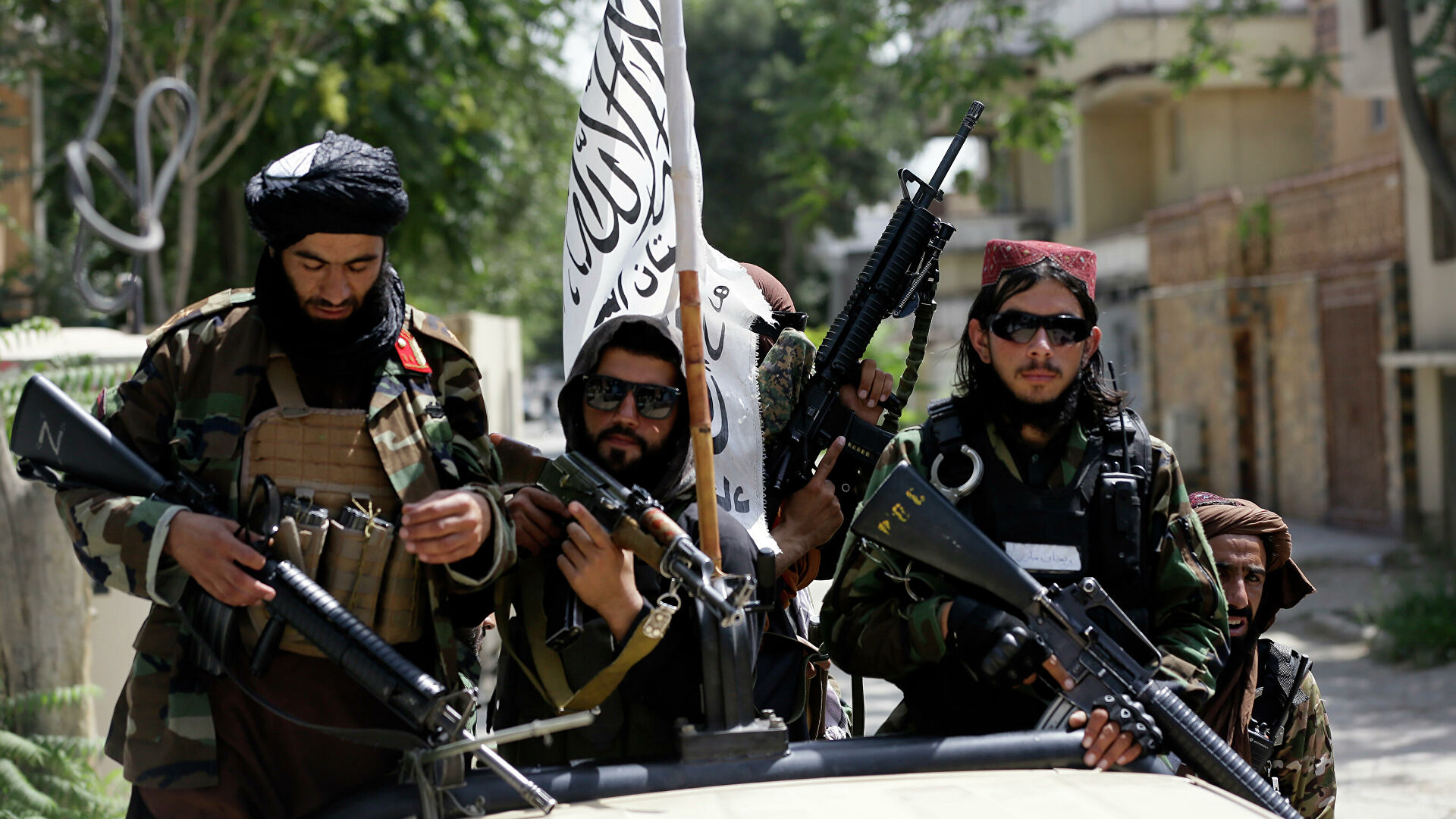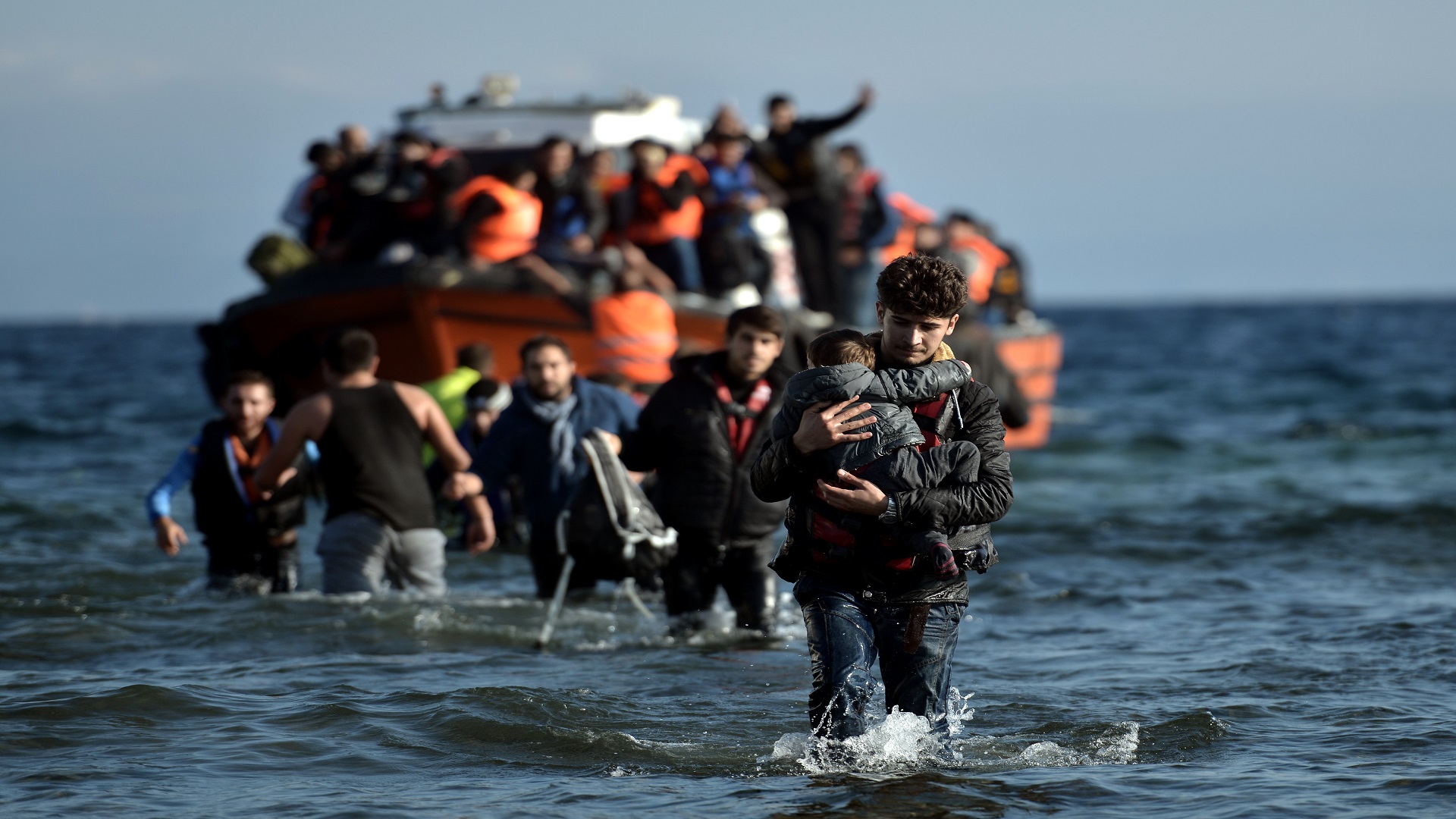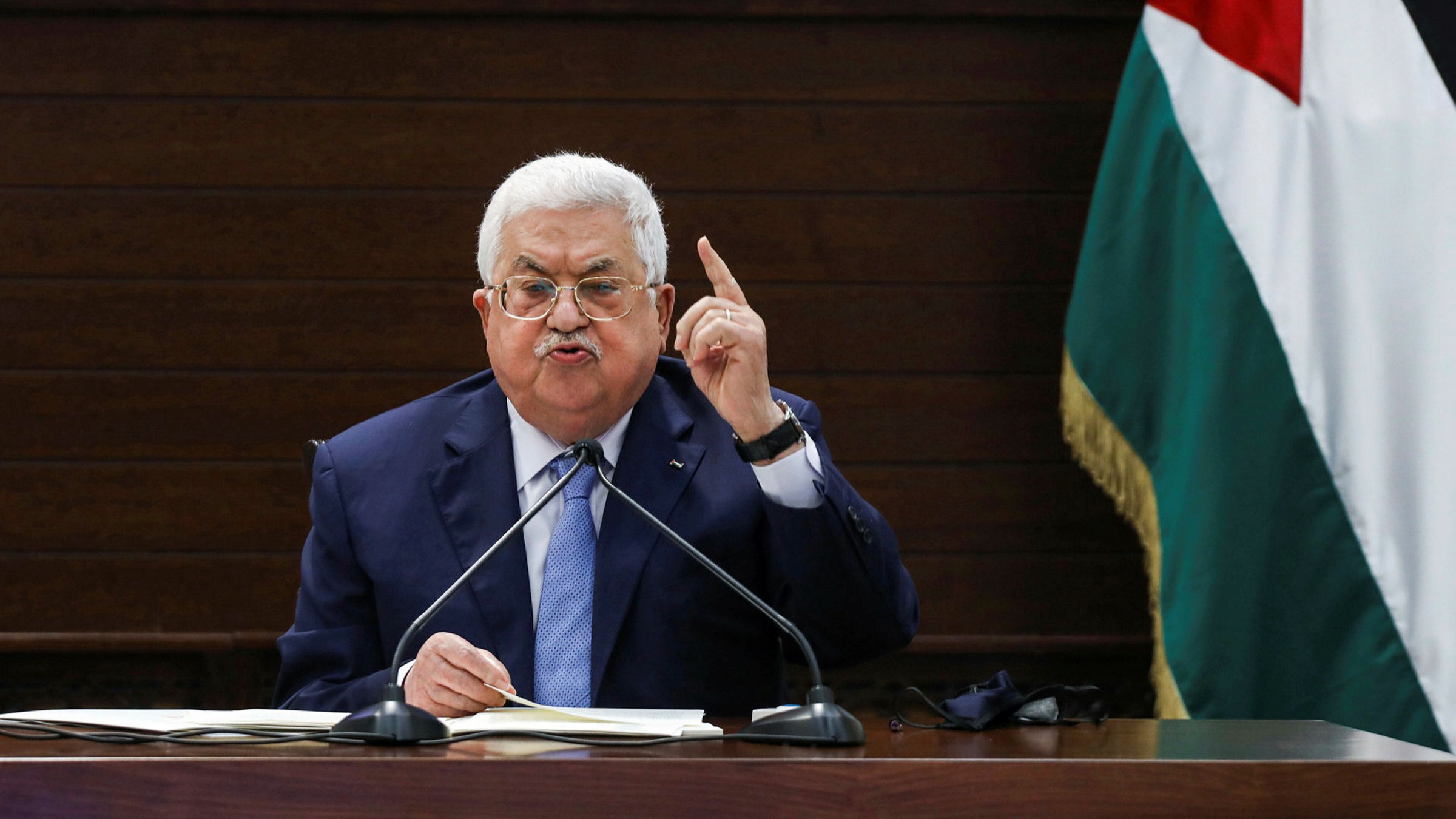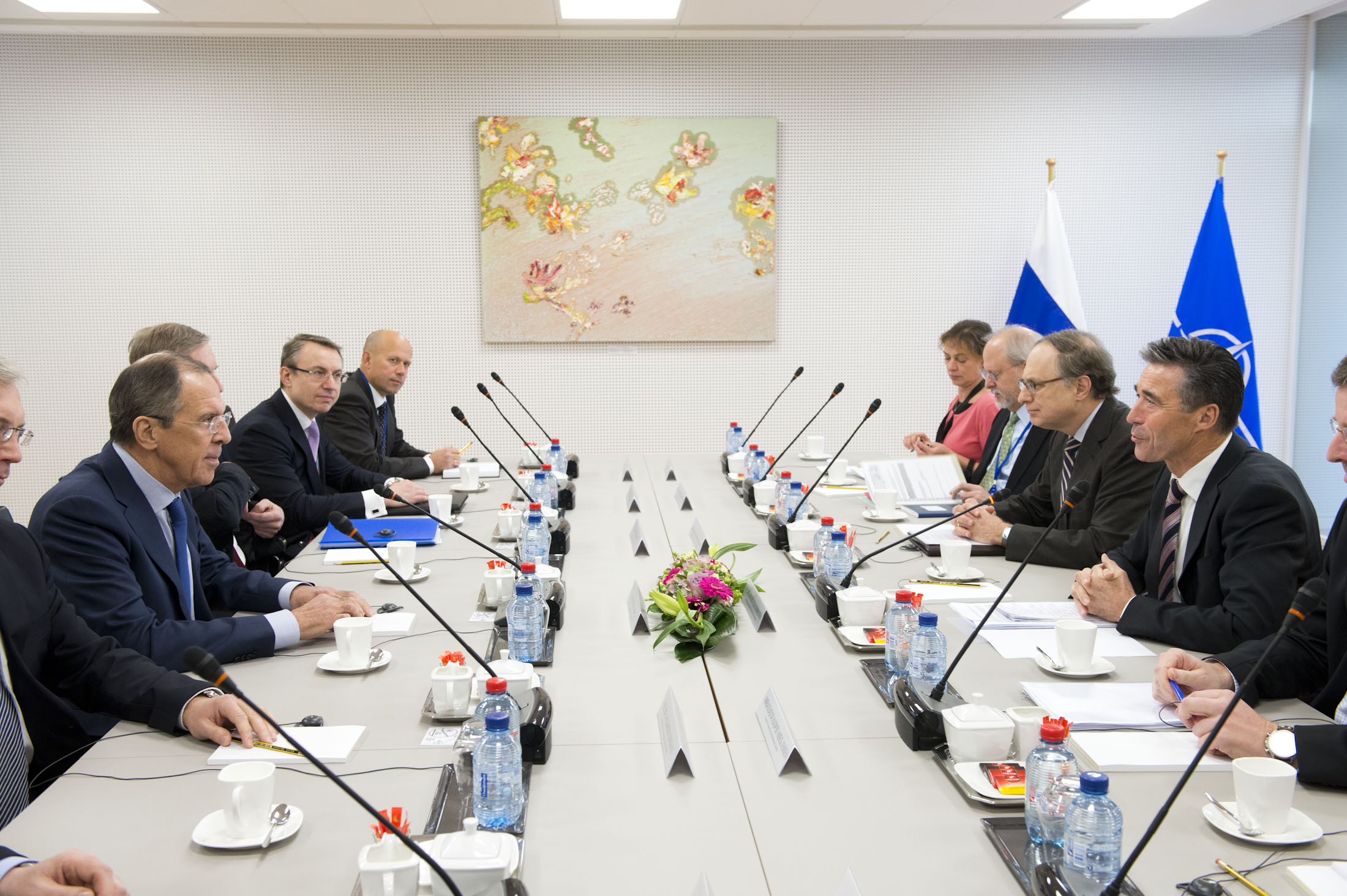Today, one of the important issues for many countries of the world is migration. Driving factors such as poverty, conflict, war, and attractive factors such as living opportunities in developed regions, education, health, and jobs cause thousands of people to move within and between countries every year. However, this mobility can lead to serious effects and problems in political, social, cultural, ethnic, and religious areas. Generally, immigrants have problems of harmonization with the society living in the place they go to and if the number of migrants is too high, they are not immediately accepted at the destination. The need to manage migration arises due to the impact that the migrant population can have on food, housing, employment, social life, and culture. For these reasons, countries have started to produce policies and take legal and institutional measures in this field. In time, immigration has become an internal security issue and later an issue of state security. Securitization is a process in which political and social relations are framed in the context of security. Huysmans defines the securitization of migration as showing migration as a problem in the field of security rather than addressing it in the areas required by its political, social and economic dimensions (Huysmans, 2000). Although migration-related measures primarily focused on regulating migration movements, they later focused on ensuring border security and preventing migration. In this process where immigration was accepted as a crime, immigrants were seen as an internal and external threat.
The European Union Common Immigration Policy is also developed in a security-oriented manner. The domain of EU immigration policy; candidate countries, including Turkey’s neighboring countries and is expanding to include other third countries. Policies and practices in this area continue with a focus on security. As Turkey is a major transit country in terms of migration movements towards the EU, it is one of the key countries affected by the dynamics of security. Turkey needs to adapt to new conditions and EU policies related to migration in the process of membership and in the process of transformation into a country receiving migration. After the attacks of September 11th, 2001, migration was associated with terrorism and migrants were perceived as security threats. Immigrants, who are seen as ‘the other’ and ‘stranger’ after the September 11th incidents, are seen as threats to the borders of the countries, security, moral values, collective identities, and cultural homogeneity (Humanitarian Needs Overview, 2019). In addition, it is emphasized that irregular migrants and refugees burden the country’s economy. Most of the asylum seekers are actually people who migrate for economic reasons. It is emphasized that these people abuse refugee policies. It is seen that the concept of security has transformed into a military structure after the September 11th attacks. Defining immigration in the context of security and managing it with security policy tools may lead to negative consequences for the EU’s image in the world. Within the scope of human rights, securitization of migration is not welcomed due to racist and discriminatory tendencies experienced in the past in European societies. States form their national migration policies in line with their security and economic interests. In this context, management of international migration flows is one of the areas where politicians conduct a cost-benefit analysis. Cross-border migration flows affect states’ interests in security. “These are the sovereignty of the state, the balance of power between states and the nature of the conflict in the international system.” (Council of the European Union, 2003). In the international system, immigration in the conflict environment and security threats against states; internal conflicts, organized crime, and international terrorism. This relationship between immigration and the security context has been at the center of the EU agenda since the 1990s. As a result of the strengthening of far-right parties in many European countries in the 1990s, anti-immigration has gradually increased, and immigration controls have been tightened. With the September 11th attacks, the tendency to securitize has strengthened over time. Along with the September 11th attacks, security in the EU regarding migration, terrorism, security and borders has been increased. In the period after these attacks, more restrictive provisions were introduced in many European countries on refugees and asylum seekers. In this process, the executive branch at Turkey and the EU levels have tried to use anti-terrorism activities to promote immigration control applications. Data and monitoring systems have been made on migrants. Immigration policy practices have been exploited for anti-terrorism purposes. It is seen that the global economic crisis experienced in recent years also has effects on the migration area. According to a report published by Frontex, it is observed that the pressure of irregular immigration in the EU has decreased due to the decrease in the need for labor in developed countries and the strict border controls in these countries after the global economic crisis, and on the contrary, the return of immigrants to their countries has increased (Warsaw, 2009).
The biggest problems with immigration started in the Middle East in March 2011. The Middle East is a strategic region where many countries have economic and political interests. This region has been known for decades with instabilities, despotic governments, economic difficulties, rich natural resources, and the existence of radical currents. Keeping the high income obtained from natural resources under the control of only a certain group in the region and ignoring the people’s demands for democracy and welfare increased the social tension to the highest level (Springborg, 2011: 427-433). Despite the high amount of natural resources in the region, the poverty and unemployment experienced by the people of the country increased the tension in the countries; and people took to the streets demanding more freedom, democracy, and better living conditions. The conflicts that started with local protests in Syria turned into a civil war in a short time. With the involvement of regional and global powers in the events, the civil war turned into a terrorism problem. One of the most important consequences of this in the international system has been the ‘refugee crisis’. “This process caused more than 6 million of Syria’s 22 million population to migrate within the country and more than 5 million to other countries. Over 400,000 people died, the rate of extreme poverty reached 69%, the unemployment rate rose to 53%, and these events caused a humanitarian crisis.” (Buonfino, 2004:1). As a result of the crisis created by this wave of migration, the rise of the far-right, anti-immigrant parties and racism gained momentum. Economic difficulties and peoples’ demand for democracy are the main causes of the Arab Spring. Imbalances in the distribution of income in these countries, widespread poverty, corruption, corrupt management systems (Kılıç, 2012:18), nepotism, the transition of management from father to son and the inability of the public to have a say in the management of the country (Arı, 2004: 365-366) are other causes of the problem.
The Arab Spring radically destabilized North Africa and the Middle East, with conflict spreading rapidly across these regions. With their lives in danger, a large portion of the citizens of these regions looked at close territories as a safe harbor to take refuge in. Europe and other non-regional actors downplayed this foreign problem until the migrant flux reached the shores of Europe (Akdoğan and Sağıroğlu, 2017). According to Akdoğan and Sağıroğlu (2017), the Arab Spring has not only deeply affected the Middle East and North Africa but also affected neighboring geographies. These neighboring geographies, on the other hand, have been one of the countries most affected by immigrants who fleeing from civil war. Until 2014-2015, especially Syrian refugees tend to migrate to neighborhood territories as a transition point, not a destination point. At this point, a solution proposal about the Syrian refugee crisis was not on the agenda of other countries and international organizations until 2015 (Bayraklı and Keskin, 2017).
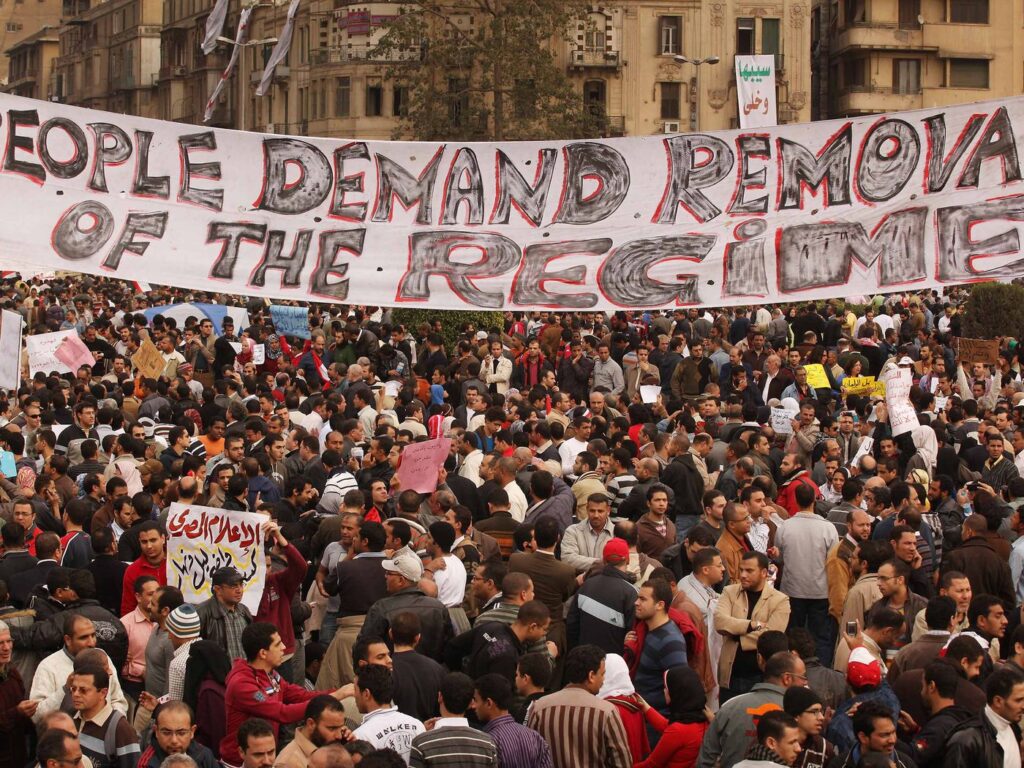

Turkey is home of the largest Syrian population in the world. In this way, the external borders of Europe are protected by Turkey. Europe gives priority to its own security rather than the security of Turkey. In the process, millions of people have taken refuge in countries such as Turkey, Lebanon, Jordan, Iraq, and Egypt. More than one million people immigrated to Europe in 2015. However, the Syrian Crisis has found an important place in the agenda of the Union, especially with its migration dimension. The European Union continued the Syria Strategy, which it approved in 2017. The European Union has worked with the Syrian Interim Government to create education and job opportunities for citizens and provided support to countries hosting refugees. These titles illustrate the EU’s approaches. The EU accepted the reduction of irregular migration as its priority and in this context revived the Turkey-EU Readmission Agreement process, which began with membership negotiations with Turkey in 2001 but failed to achieve results. In this process, EU institutions such as the Commission, the Parliament, and the Council of Europe have insisted on ‘the need for a new policy regarding migration management and ‘the need to develop institutional mechanisms’ (Şühal, 2010). Within the EU, the European Commission, the European Parliament, and the Council of Europe are securitizing actors. The most influential institution that shapes the common immigration policy is the Council of Europe. “In addition, the EU has adopted a policy based on the enhancement of the border security in Eastern to protect ‘Castle Europe’.” (İrdem and Özer, 2010:33). The partnership, which is within the scope of the EU common immigration policy, includes the official cooperation between the member countries. Within the scope of creating a ‘new immigration policy in the EU, EU institutions state that security is an important element. Turkey’s open-door policy has increased the migration mobility of Syrians to Turkey. In the face of these migration movements that Turkey has faced in history, it has implemented certain policies and established institutional structures and rules by making legal arrangements in this area. With the start of the negotiation process with the EU, the EU insist on improvements about Turkey’s Freedom, Security, and Justice Area under the border security policy. With the start of accession negotiations with the EU, Turkey’s asylum and migration policies are being tried to be implemented in accordance with the EU acquis. For this purpose, National Action Plans were prepared, and the Law on Foreigners and International Protection was enacted. Institutional structures have been established for the management of migration by law. Islamophobia and anti-refugee rhetoric due to the growing number of refugees have made the migrant issue a major problem (Ratković, 2017). The open-door policy implemented by the EU has led to discussions that Syrians see refugees in Turkey, in Europe. Britain held a referendum with the concern that it could not control the mobility within the country and entered the process of Brexit.
Considering that approximately one and a half million of the immigration from Syria has been distributed to cities recently, it creates a serious burden on the municipal budgets formed on the basis of population, development and area. For this reason, legal regulations should be made to enable local governments to participate in migration management processes as active actors. In provinces with high immigration, the additional burden of the immigrant population on the municipal budgets should be reduced and the budgets determined for this issue should be increased for the municipalities. The capacity of municipalities to serve in this field should also be strengthened. The EU should adopt more strategic and optimistic policies regarding Syrian refugees. The Europeanization process that only takes into account the security of the EU’s internal borders should be abandoned.
In conclusion, Securitization, which is one of the Copenhagen School approaches, consists of stages such as presenting a specific issue as a threat and determining the measures to be taken. Since the beginning of the conflict in Syria, the EU and Turkey have been discussed how they can build the immigration policy. There has been a flow of migration and a danger to human safety since the beginning of the conflict in Syria, the European Union has begun to assess migration separately as of 2015 when migrants are heading to Europe. On the other hand, the EU Commission stated that the inability to manage migration harmed the political structure and democracy of the EU and linked the reason of xenophobia, nationalism and populism in Europe to migration. Securitization of migration generally involves presenting migrants as a threat, but an inability to manage migration also poses a threat for Europe. The immigration and security phenomenon has affected Europe and Turkey’s policies. In the process of establishing a common immigration policy in the EU, it has turned to a security-oriented policy. In addition, the securitization of migration in the EU has been focused on migration policies and immigration controls, including in member countries, candidate countries and neighboring countries. The EU aims to be a global actor and a normative power with its full harmonization policies on immigration. The EU has started to set the agenda on irregular migration and border management. The role of the EU has become more visible. Considering the future of EU-Turkey relations, it is clear that there will be continuous international migration on the agenda of this relationship. Turkey and the EU should have realized this and should develop policies in this direction. Turkey, which has become a country that receives a large number of migrations, needs to review its migration policy and adapt it to new conditions. Turkey relations should be addressed as a phenomenon that should be studied and managed. In this process, the EU must adopt policies that will benefit Turkey and migrants.
Prepared by Tuba Yıldırım for The FEAS Journal.
References
- Akdoğan, M., & Sağıroğlu, C. (2017,). Italy and Syrian Refugees: Europe’s Formidable Examination. Journal of Research in Economics, Politics & Finance, 2(2), 146-161.
- Arı, T. (2004) Geçmişten Günümüze Orta Doğu Siyaset, Savaş ve Diplomasi, Alfa Publishing.
- Bayraklı, E., & Keskin, K. (2017). Europe’s Refugee Crisis. Journal of Academic Inquiries, 12(2), 115-136.
- Buonfino, A. (2004). “Between Unity and Plurality: The Politicization and Securitisation of the Discourse of Immigration in Europe”, New Political Science, Vol. 26, No. 1, p. 1.
- Çakmak, G. (2018). The Achilles’ Heel of Europeanization: Migration Policies. Mukaddime, 9(1), 39-57.
- Fitzgerald, D. (2000). Negotiating extra-territorial citizenship: Mexican migration. San Diego, University of California, San Diego: Center for Comparative Immigration Studies.
- Frontex, (2009) ‘The Impact of the Global Economic Crisis on Illegal Migration to the EU’, Warsaw.
- Humanitarian Needs Overview, Retrieved from: February 20, 2019, https://reliefweb.int/ sites/reliefweb.int/files/resources/2018_syr_hno_english.pdf.
- Huysmans, J. (2000) “The European Union and the Securitization of Migration,” Journal of Common Market Studies, Vol.38, No.5, p. 758.
- İrdem, İ., & Özer, A. (2014). Securitization and Europeanization of Migration and Border Management Policies in EU-Turkey Case. Retrieved from file:///C:/Users/SONY/Downloads/2nd%20week.pdf P: 33
- Kılıç, E., Aktar, E., Erdoğmuş, Y., Ertosun, M., Akadır, K., Kaya, E. ve Hasar, H. (2012) “Arap Dünyasında Entropi: Tunus, Mısır, Libya ve Suriye’de Halk Ayaklanmaları”, Türkiye Uluslararası İlişkiler Çalışmaları-Yakın Doğu Araştırmalar Merkezi (TUİÇ-YADAM), Report No: 1.
- Ratković, M. (2017). Migrant Crisis and Strengthening of the Right Wing in the European Union.
- Springborg, R. (2011) “The Political Economy of the Arab Spring”, Mediterranean Politics, 16(3), 427-433.
- Sühal, Ş. (2010). “Avrupa Birliği Göç Politikasının Güvenlikleştirilmesi ve Dışsallaştırılması: Türkiye’ye Yansımaları.” Doctoral thesis, Dokuz Eylül University.


